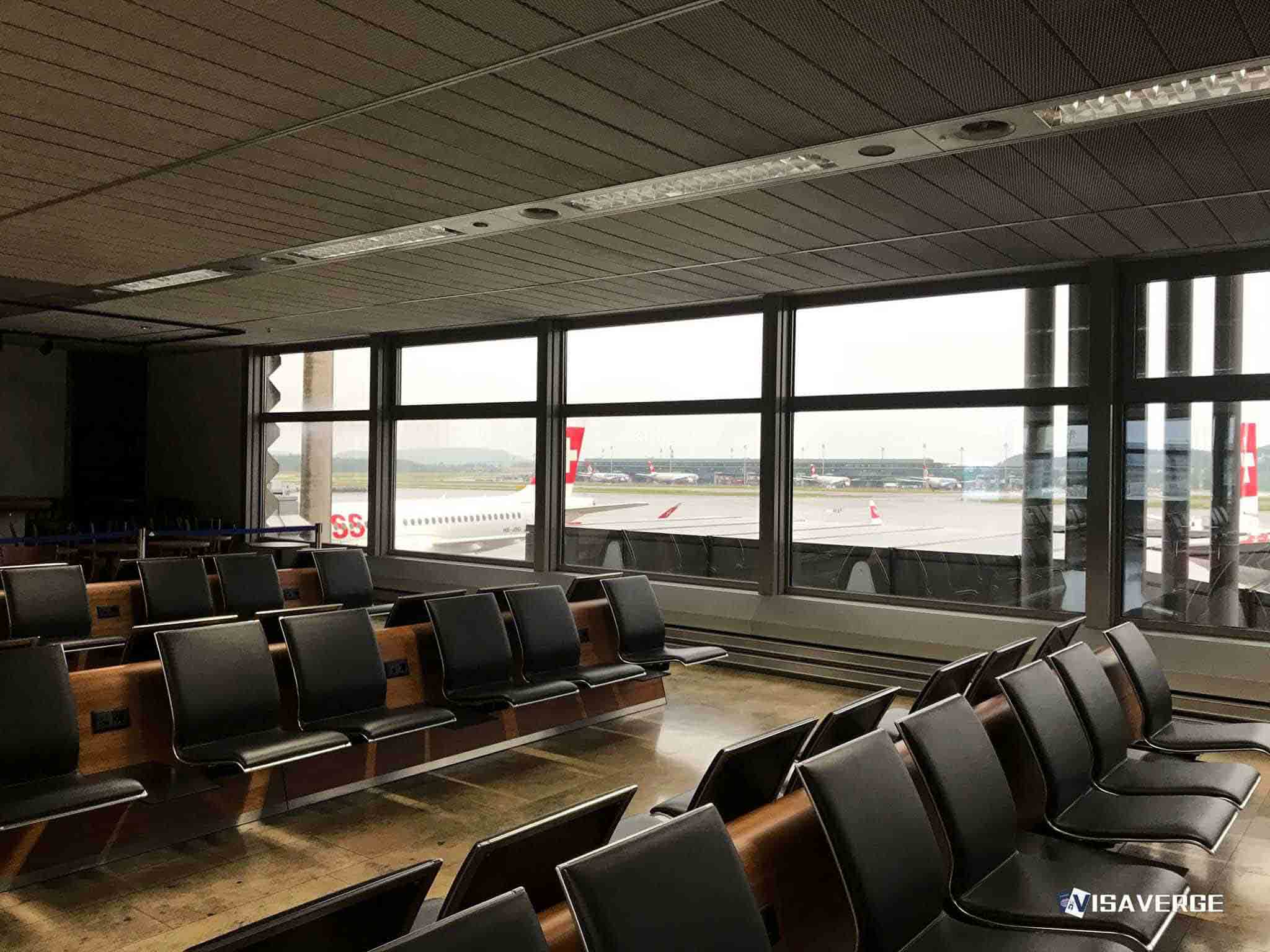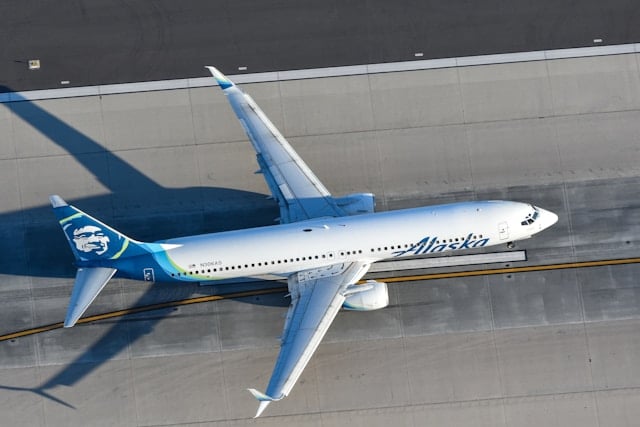(BRUSSELS, BELGIUM) Brussels Airport will grind to a near standstill on Wednesday, 26 November 2025, after cancelling all departing flights and 110 of its 203 scheduled incoming flights because of a nationwide strike that is set to hit planes, trains, and metros across Belgium. Only 93 arriving flights are expected to land, while all 206 departures have been wiped from the schedule, leaving tens of thousands of travelers — including many foreign residents and visitors — scrambling to change plans or risk being stranded.
In a statement, Brussels Airport warned passengers to brace for chaos as security and ground-handling workers walk off the job to protest government austerity plans. Airline staff began sending re-booking emails on Monday night, but many travelers only learned of the wave of cancellations on Tuesday morning.

Scope of disruption
- Brussels Airport: All 206 departures cancelled; 110 of 203 incoming flights cancelled; 93 arrivals expected.
- Charleroi Airport: No flights arriving or departing on Wednesday.
- Rail and cross-border services:
- Eurostar: roughly half of Brussels–Paris high-speed trains cancelled; about 25% of Amsterdam–London services cancelled.
- SNCB (national rail): plans to run only 20% of normal services.
- Brussels public transport (STIB/MIVB): Metro and bus lines operating at a fraction of usual frequency.
British Airways, easyJet and other carriers have scrapped around 30 flights to and from UK airports alone, with wider ripple effects expected across Europe.
Why the strike is happening
The strike is in response to a budget deal reached early Monday, 24 November 2025, by Prime Minister Bart De Wever’s centre-right coalition. The agreement aims to cut Belgium’s deficit by €9.2 billion by 2029 through a mix of tax hikes and spending cuts. Trade unions argue these measures will hit workers and social protections hardest, and they chose the transport network as a visible pressure point.
“This escalating strike strategy is necessary. The alternative – allowing the austerity measures to proceed unchallenged – would mean accepting a fundamental restructuring of Belgium’s social model, transforming it from one of Europe’s more protective welfare states into something far more precarious for working people,”
— Marie Helene Ska, general secretary of the Belgian trade union confederation ACV-CSC
Union officials say more actions are likely if the government does not soften its plans.
Immediate impacts on travelers
- Tens of thousands of passengers face cancellations or major delays.
- Airports, cross-border trains and local transport are affected simultaneously, increasing the scale beyond earlier strikes this year (which disrupted 30,000–50,000 passengers).
- Airlines are waiving some change fees, but availability on alternate dates is limited and hotel prices near airports are rising.
Special concerns for people on time-sensitive immigration schedules
For people whose immigration status depends on strict travel dates — such as visa overstay limits, residence card renewal appointments, or Schengen entry rules — the cancellations can cause serious problems. According to analysis by VisaVerge.com, some long-haul passengers arriving in Europe for the first time risk missing:
Cancellations may cause missed immigration appointments. Know EU rights for rerouting or refunds, keep all booking confirmations, and move quickly to rebook or appeal if you’re close to a deadline.
- Immigration interviews
- Biometric appointments
- Onward flights to final Schengen destinations
Advice from employers and relocation firms
Company mobility managers and relocation firms recommend:
- Avoid departing on 26 November 2025 if travel is time-sensitive.
- Build in at least a 24-hour buffer for visa runs, permit renewals, or cross-border work visits.
- Activate remote-work plans if possible.
- Carry digital copies of passports, visas, and residence permits.
Many employers have already instructed international staff to prepare these documents and contingency plans.
Rights and legal guidance
Travel lawyers advise passengers whose flights are cancelled due to the strike to check their rights carefully. Under EU air passenger protection rules, some travelers may be entitled to:
- Re-routing or refunds
- Care (meals and hotel stays)
Compensation rules can be complex when strikes are involved. The European Commission’s air passenger rights guidance explains when airlines must offer help and what documents travelers should keep, including booking confirmations and proof of cancellation.
Brussels Airport operations on the day
With 110 of its 203 scheduled incoming flights cancelled, Brussels Airport expects:
- Long queues at information desks as arriving passengers rebook missed connections.
- Immigration officers at the non-Schengen arrivals area to field many questions from passengers worried about overstays or lost onward flights.
- Airport staff to focus mainly on the reduced number of arrivals and passenger assistance.
Options travelers are pursuing
Travel agents report a spike in re-routing attempts, with many passengers trying to travel via:
- Amsterdam
- Paris
- Frankfurt
However, those hubs are already busy and may face their own weather or capacity issues. Even a one-day delay can trigger a chain of changed bookings and additional costs for people who must enter the Schengen Area on a specific date (for work permits, school starts, etc.).
Impact on migrants, students and cross-border workers
The strike affects groups with tight immigration timelines disproportionately:
- Non-EU residents may risk losing validity of residence permits if outside Belgium too long.
- Students may miss move-in dates or registration appointments at town halls.
- Asylum seekers, family reunification applicants, and other migrants may miss biometric or interview appointments.
Local authorities and migrant support groups in Brussels are preparing for increased demand for short-term assistance, including:
- Temporary housing help
- Advice on missed appointments
- Remote legal clinics to explain options and next steps
Practical tips for travelers (quick checklist)
- Keep passports, visas, and residence permits accessible (digital and physical).
- Save booking confirmations and any cancellation notices.
- Check airline rebooking and refund policies immediately.
- If travel is time-sensitive, delay travel by at least 24 hours where possible.
- Contact employers or universities to explain delays and request flexibility.
- Use remote legal clinics or migrant support groups if you miss immigration appointments.
Final note
Belgian officials say borders will remain open and basic border checks will continue. However, limited ground transport means getting from airports (Brussels or Charleroi) into the city or onward to other regions may take far longer than usual.
For travelers tied to visa clocks and permit rules, the day will be less about tourism or business and more about staying calm, keeping documents to hand, and finding any workable route through a system that, for 24 hours, will be operating only partially.
A nationwide strike in Belgium on 26 November 2025 will halt Brussels Airport departures (206 canceled) and cancel 110 of 203 incoming flights, disrupt Charleroi flights entirely, and reduce rail and metro services. Tens of thousands of passengers face cancellations and limited rebooking. Time-sensitive travelers risk missing visas, biometric appointments, or permit renewals. Airlines may offer rerouting or refunds; travelers should secure documents, delay nonessential travel by 24 hours, and contact employers or support services.













